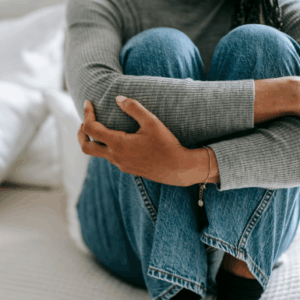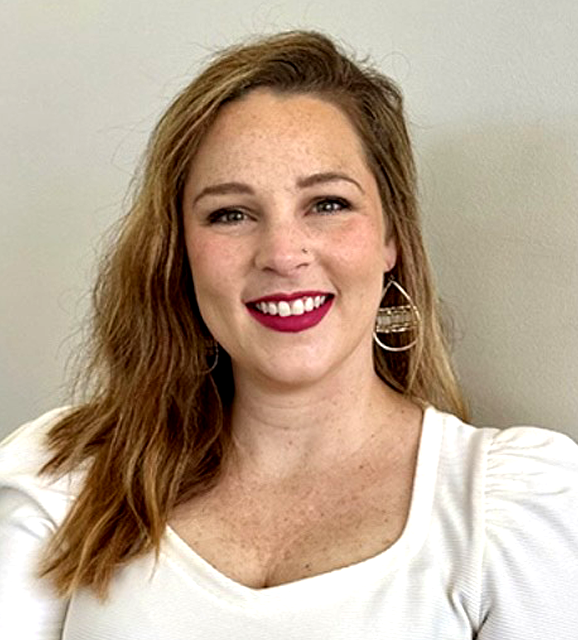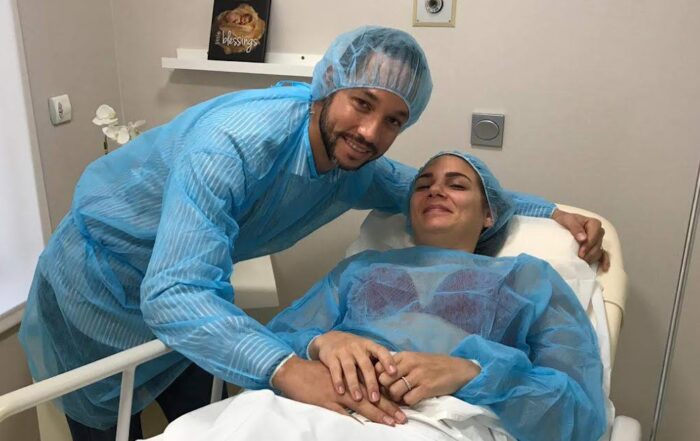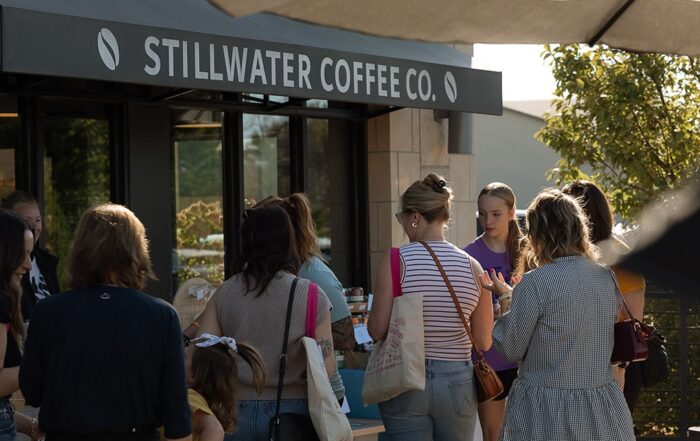Pregnancy loss comes with a complex type of grief that often lives unspoken in people’s lives. We grieve the loss of our baby, no matter what stage of pregnancy we were in, but also the hopes for our family’s future. This creates an isolating space of layered grief that many who have not experienced pregnancy loss don’t understand.
Disenfranchised Grief
 This type of grief, called disenfranchised grief, is categorized as one that others may not fully recognize or validate, and it can feel especially heavy since it isn’t always acknowledged or discussed openly. When your loss feels invisible to the world, it can feel even more isolating.
This type of grief, called disenfranchised grief, is categorized as one that others may not fully recognize or validate, and it can feel especially heavy since it isn’t always acknowledged or discussed openly. When your loss feels invisible to the world, it can feel even more isolating.
Disenfranchised grief often happens when people around us don’t know what to say, or when they unintentionally minimize the loss. Comments like, “It was early,” “You can try again,” or “There must have been something genetically wrong with the baby,” are dismissive of the deep pain a parent is carrying, and feed into the guilt women often feel after miscarriage and pregnancy loss. This silence or lack of acknowledgment can leave parents wondering if it’s okay to grieve as much as they do and whether their feelings and experience is valid.
The truth is, your grief is real AND valid, and also worthy of compassion.
Pregnancy carries with it visions of the future and hope, especially after the infertility journey. When that future is interrupted, it can feel like the ground has shattered under you. Complex and often layered feelings of sadness, anger, guilt, jealousy, or even numbness may all surface. It is incredibly important to remember that none of these feelings are wrong. Every feeling you have is valid. Every single one.
Healing from Grief
Healing after pregnancy loss is not about moving on. It’s about finding ways to hold your loss with compassion while also moving forward. Every person’s grief journey is going to be unique for them. Try not to compare your grief with anyone else’s. You are grieving the way that is right for YOU.
Give yourself grace and compassion.
Grief is not the time to push yourself in areas that cause additional stress or hardship. Reach out to your support system and reach out to a professional if you feel like you are struggling with your physical or mental health. It is okay to not be okay and frankly, grief makes us not okay for quite some time.
A big misconception about grief is that it goes away after we’ve accepted the loss. When I work with people who’ve experienced grief in their life, I’ve noticed how grief changes them. Grief shifts our life in all areas and can burn us down to ashes.
However, when we move through our grief and begin to accept our loss, we rebuild ourselves. We look different than we did before, but that’s not a bad thing. We hold space for our loss but it doesn’t take up as much space as it did before and it feels less heavy.
Please be kind to yourself in life and in grief. There is no perfect way to grieve. Reach out for support from friends, family, your community or a professional. Our grief has to be seen and validated.


 This type of grief, called disenfranchised grief, is categorized as one that others may not fully recognize or validate, and it can feel especially heavy since it isn’t always acknowledged or discussed openly. When your loss feels invisible to the world, it can feel even more isolating.
This type of grief, called disenfranchised grief, is categorized as one that others may not fully recognize or validate, and it can feel especially heavy since it isn’t always acknowledged or discussed openly. When your loss feels invisible to the world, it can feel even more isolating.


